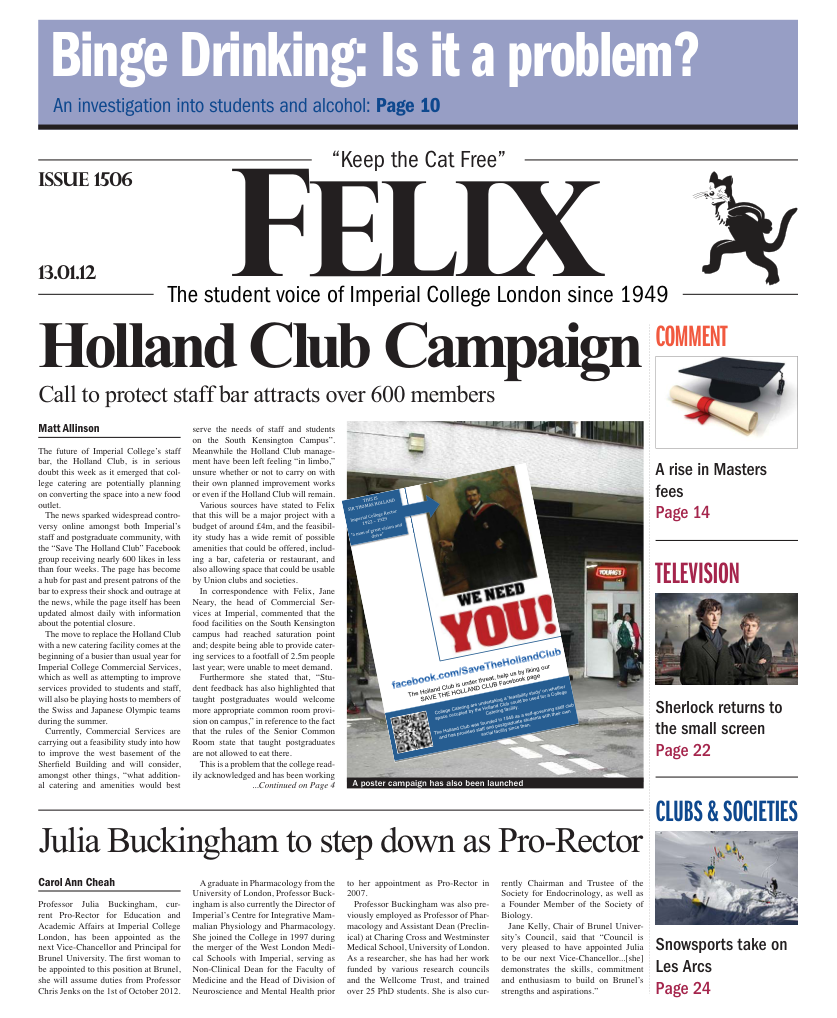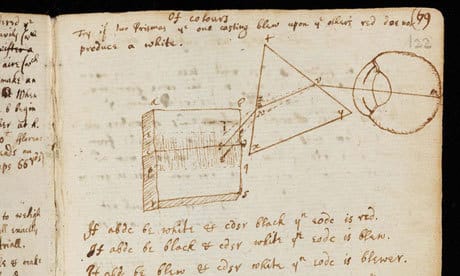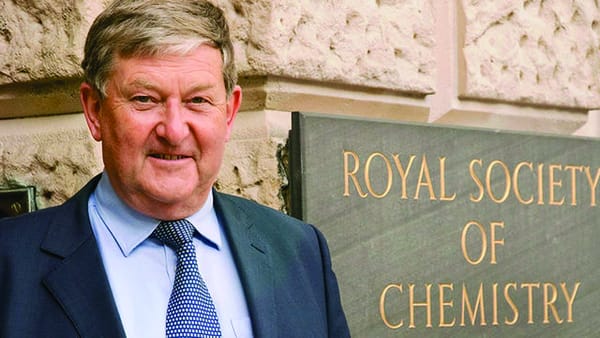Apathy leads to better group decisions
Luke Sheldon on how sometimes not being strongly opinionated yields a better group consensus
Every four or five years we go along to a ballot box, tick our preferred political party and defer all other decisions to the group that gains power. Most people probably believe this is the best way of running things. We may not even have much to say about education, economics or war, so how could we add to decision making? And why is this being mentioned in the science pages?
A group of researchers, based mainly at Princeton, recently published results in the journal Science that showed democratic consensus is enhanced by the participation of what they term “uninformed individuals”. This means that the presence of people with weak preferences dilute the control of a strongly opinionated minority allowing a decision to be finalised that is representative of the whole group.
Whether it is schooling fish, flocking birds or an anarchist organisation, decisions are regularly decided without voting. It has been argued that with people/birds/anarchists acting with their self-interests the process of deciding what pub to go to/where to fly during migration/whether it is ethical to eat meat, even when it’s from a bin, (a debate I have witnessed) can be easily corrupted by an individual or small faction which are particularly vocal to the benefit of themselves, rather than to the rest of the group. The group of scientists from Princeton used models of the movement of animals, with varying preferences of direction, and varying strengths in that preference, and found that a strong minority could dominate over a numerical, but weaker, majority. However, when individuals with no real preference of where to go were added into the mix they instantly returned control to the majority. They also found these results to be reproduced in real experiments with groups of strongly schooling species of fish.
This study shows that consensus decision making, where voting is not used, can work when there are people with no real preference taking part. Who knew that science would prove anarchists have been getting it right all along.








